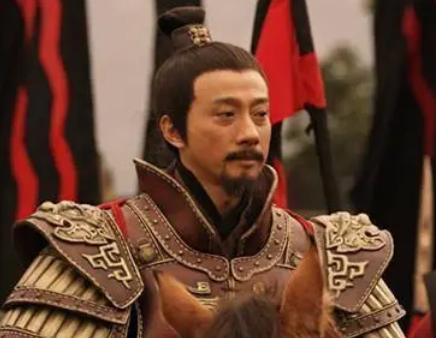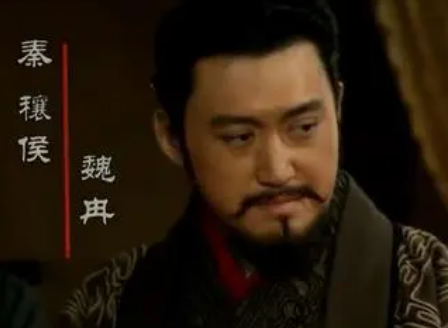"Dream of the Red Chamber" is the pinnacle of Chinese classical literature, which delicately portrays the rise and fall of a feudal family. In this great novel, Xue Baochai is a controversial character, and her ending—returning to the Xue family and burying her golden hairpin in the snow—is full of profound symbolic meanings. This article will explore Xue Baochai's true ending and its significance in the entire work.

1. Role Positioning of Xue Baochai
Xue Baochai is the cousin and one of the wives of Jia Baoyu. In the novel, she appears as a gentle, virtuous, and sensible woman, forming a stark contrast with another heroine, Lin Daiyu. Xue Baochai's image represents the ideal female image of traditional virtues and feudal ethics, and her words and actions conform to the expectations of society towards women at that time.
2. Interpretation of Xue Baochai's Ending
In the last forty chapters of "Dream of the Red Chamber", Xue Baochai's ending is described as "burying her golden hairpin in the snow". This ending is full of symbolism. The golden hairpin represents her noble status and the shackles of marriage, while the snow symbolizes purity and indifference. This ending suggests that although Xue Baochai seems to have everything externally, she is lonely and indifferent internally. In the decline of the family and the changes of society, she ultimately chooses to return to her own family, reflecting her helplessness and submission to reality.
3. Deep Meaning of Xue Baochai's Ending
Xue Baochai's ending is not only a description of her personal fate but also a profound reflection on the entire feudal society. Her destination reveals the tragedy of women in feudal society, that even those born into noble families cannot escape the arrangements of fate and the shackles of society. At the same time, this ending also reflects author Cao Xueqin's profound insight into humanity and society, as well as his sympathy for women bound by feudal ethics.
Conclusion:
Xue Baochai's ending in "Dream of the Red Chamber" is complex and multifaceted. It not only showcases the tragic fate of a noble woman in a feudal society but also reflects the author's profound criticism of that era and his deep sympathy for women's fate. The image of burying her golden hairpin in the snow becomes a tragic symbol of Xue Baochai's character, prompting readers to delve into deeper reflections on this character.
Disclaimer: The above content is sourced from the internet and the copyright belongs to the original author. If there is any infringement of your original copyright, please inform us and we will delete the relevant content as soon as possible.
































